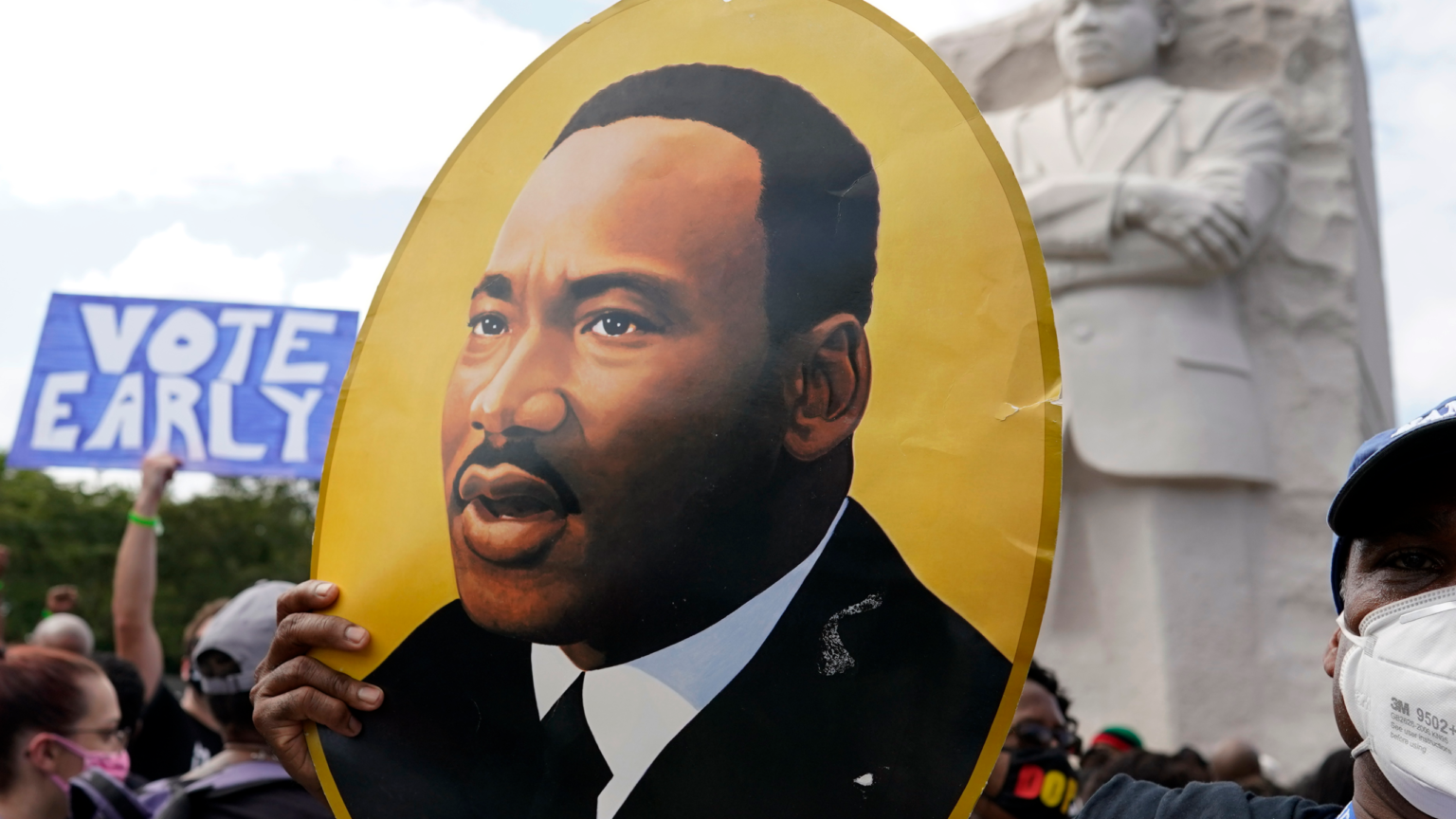Washington, D.C. witnessed a significant assembly of Americans as they came together to commemorate the 60th anniversary of the historic civil rights movement march of the 1960s. The event, which took place in the heart of the US capital, marks a pivotal moment in history when Martin Luther King Jr. delivered his iconic “I Have a dream” speech, inspiring a generation and galvanizing the fight against racial inequality.
The 1963 march in Washington was a resounding call for justice, equality, and an end to racial discrimination across categories such as race, color, religion, sex, and national origin. Drawing a crowd of over 250,000 participants, it remains a symbol of collective strength and a catalyst for the eventual passing of the Civil Rights Act of 1964.
Organized by the National Association for the Advancement of Colored People (NAACP) and supported by other civil rights organizations, this year’s commemorative march took place at the Lincoln Memorial—a site laden with historical significance as it was here that Martin Luther King Jr. delivered his impassioned plea for equality.
During the event, Margaret Huang, President and Chief Executive of the Southern Poverty Law Center, underscored the lasting impact of the 1960 march. She emphasized how the events of that day opened doors for progress and inspired the creation of tools to combat racial prejudice. However, Huang also drew attention to ongoing challenges, such as the enactment of laws that restrict voting rights and target LGBTQ communities, posing a threat to the hard-won gains achieved over the years.
Kimberle Crenshaw, Executive Director of the African American Policy Forum, shed light on the poignant timing of this anniversary amid contemporary uncertainties. Crenshaw highlighted attempts to distort or silence conversations about history, citing instances of bans on teaching “critical race theory” in certain states and the removal of African American studies courses from schools.
Prominent civil rights advocates, including Reverend Al Sharpton, Martin Luther King III, Yolanda Renee King, and House Minority Leader Hakeem Jeffries, lent their voices to the event with impassioned speeches. While acknowledging progress since 1963 in line with Martin Luther King Jr.’s aspirations, Jonathan Greenblatt, National Director of the Anti-Defamation League, also emphasized lingering concerns. Recent Supreme Court decisions that impact issues like abortion access and affirmative action were highlighted, along with the growing challenges of anti-Semitism and intensified racism.
The commemorations will extend further as President Joe Biden and Vice President Kamala Harris convene a meeting with organizers of the march at the White House. The meeting aims to pay tribute to a historic moment in 1963 when organizers of the initial march engaged with President John F. Kennedy’s administration—an event that continues to resonate in the pursuit of justice, equality, and civil rights.




